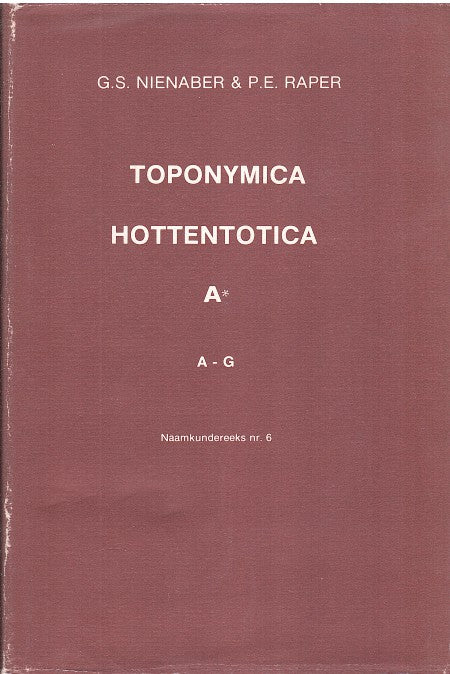Aukas
We deal with three farms, Aukas-West No 103, Aukas-Big No. 68, and Aukas-Klein No. 66, all adjacent, and on it the railway station. Earlier it was apparently one farm. Th hahn writes faithfully the supplementary suction consonant, but here he does not do it with his old. It is clear that notably all declares the first component AU or ou- alike, namely as Nama Au = bitter. The differences are about the second component. It also writes Hahn without sucking cloth, with that it can join Nama Khab, -s = 'Disc ... Jagd- und Kriegbogen; Khab = Krieg, the Feindschaft ... '(Kr.-R. 1969 NW 212). The question is whether the -kha should be seen as 'bow', made from the Bitterbos (according to Smith 1966 CNSAP 107 The Pluchea Leib- Nitziae, at least for one kind), then whether it should be understood as 'enmity'. We believe it makes the best sense, also in the likely intention of Hahn, to understand the name as 'place (-s, sign of a source name originally) of bitter (OU / AU) enmity (KHA)'. [If so, then the exemplary owners make it in good neighborhood.]




